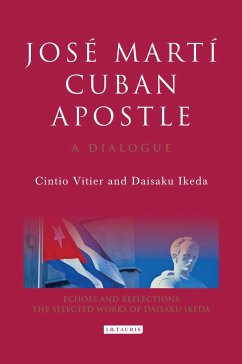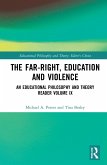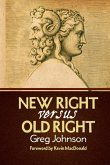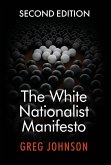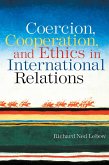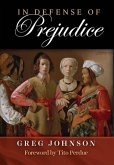Once called 'the wellspring of the revolution' by Fidel Castro, Jose Marti (1853-1895) is revered as one of the greatest figures in the history of Cuba. Not only was he instrumental in the late nineteenth-century cause of securing Cuban independence from Spain. He is also considered one of Cuba's most brilliant writers, orators and formative intellectuals, who provided inspiration to the young Fidel, Che and their fellow revolutionaries by dedicating his whole life to the goal of national political emancipation. Jose Marti suffered persecution and early imprisonment for his convictions, and in consequence is often referred to as the 'Cuban Apostle'. In this wide-ranging discussion of Marti's life, work and influence, distinguished Cuban poet Cintio Vitier and prominent Buddhist leader Daisaku Ikeda explore their subject's understanding of non-violence; his nationalism that was also a profound openness to difference and dialogue; his spirituality; his poetical writings; and most of all his fundamental dignity, humanity and self-mastery. The book explores above all the nature of sacrifice, and the cost of relinquishing personal happiness for the sake of a great cause. The discussants examine Marti's family life, including his difficult relationships with his wife - Carmen Zayas Bazan - and his parents, who distanced themselves from his revolutionary fervour. Comparisons are drawn between Marti's ideals and Nichiren Buddhism as a source of unfailing hope and courage. As Daisaku Ikeda, follower of Nichiren, says at one point in the dialogue: 'Self-mastery is the hardest thing of all. But to have a spiritual nature worthy of the name, a person must overcome himself, a task that only a true optimist can accomplish. Marti's perspicacity is revealed in his conviction that final victory in life is assured by such optimists.' Marti, like Nichiren, had the unerring ability to turn enemies into friends. And as Cintio Vitier and Daisaku Ikeda reveal, what set Marti apart was not his thought or ideas alone but what emanated from his words and found embodiment in his actions. It was thus that a follower at the time could say of him: we don't understand him, but we are ready to die for him.

